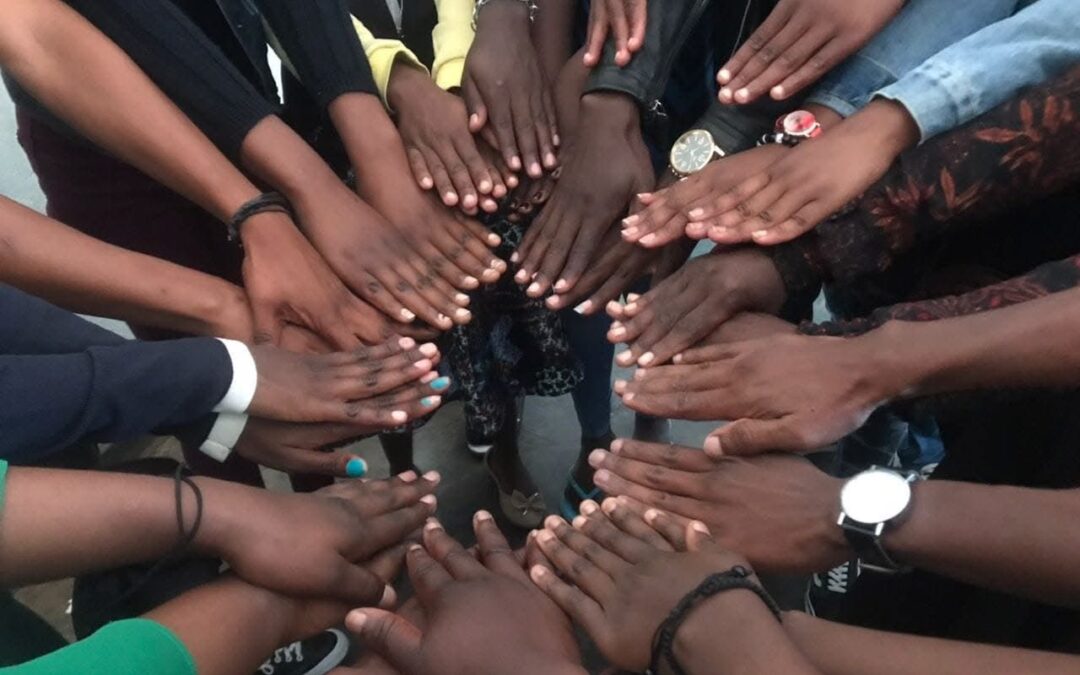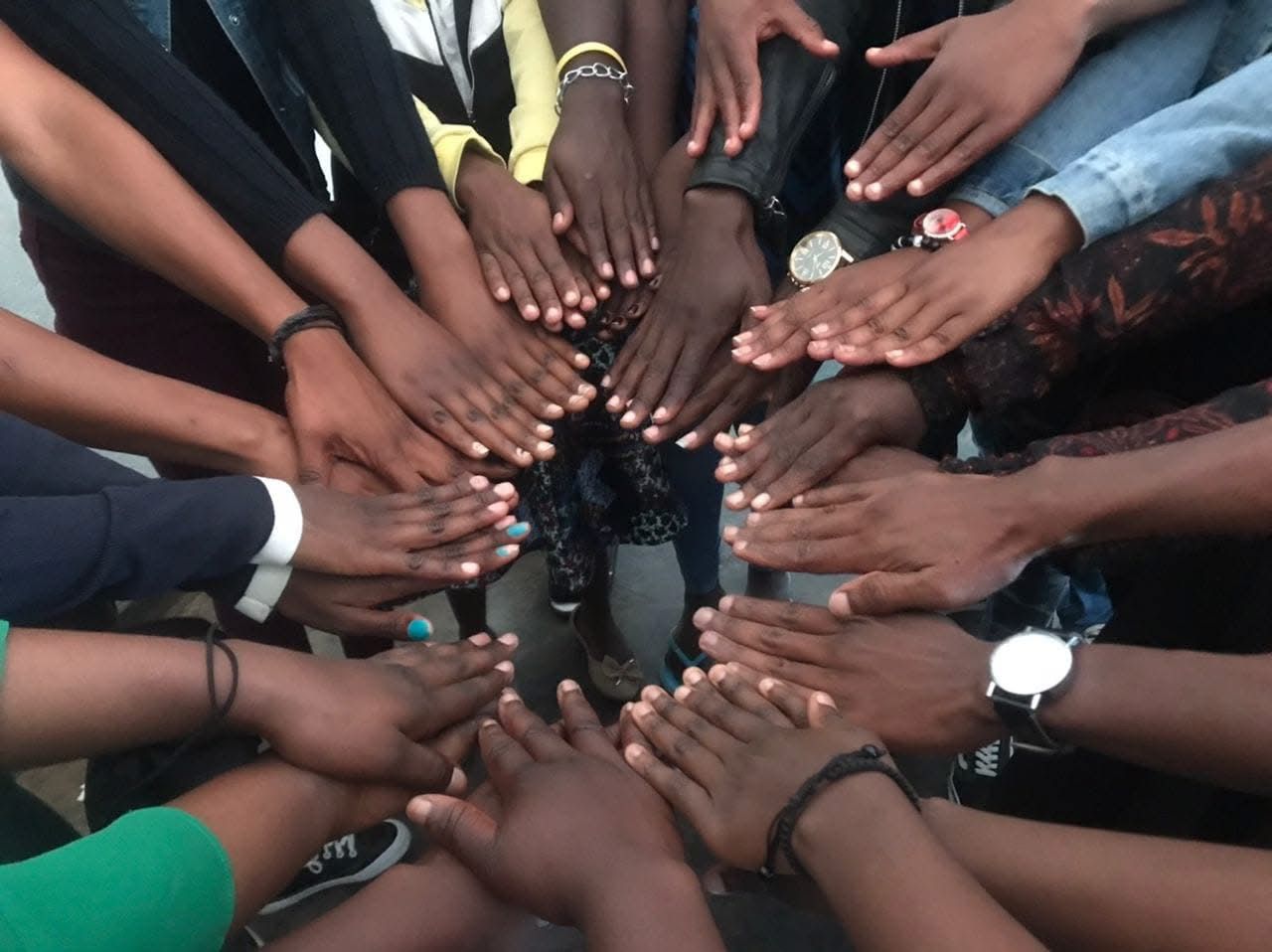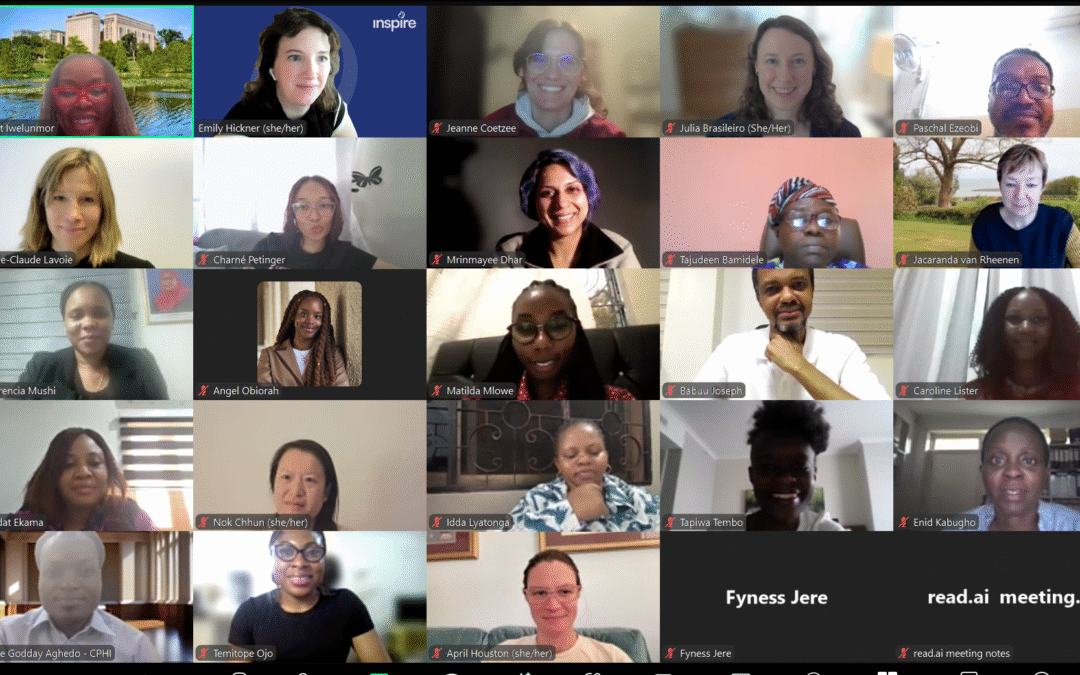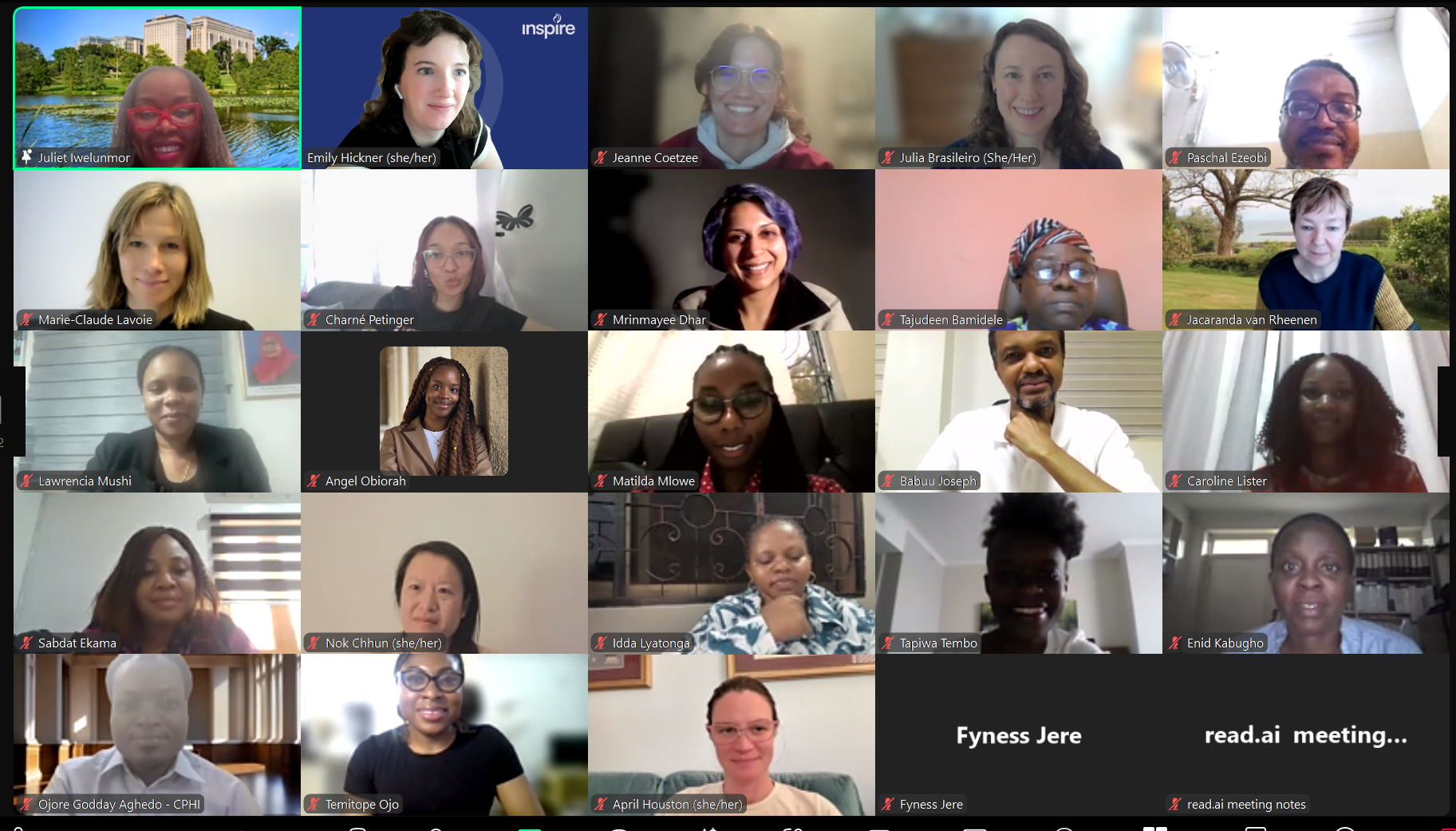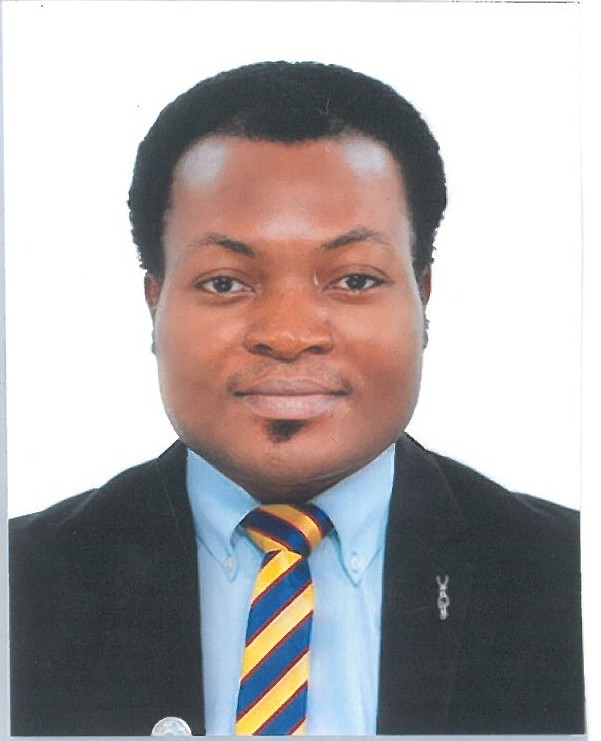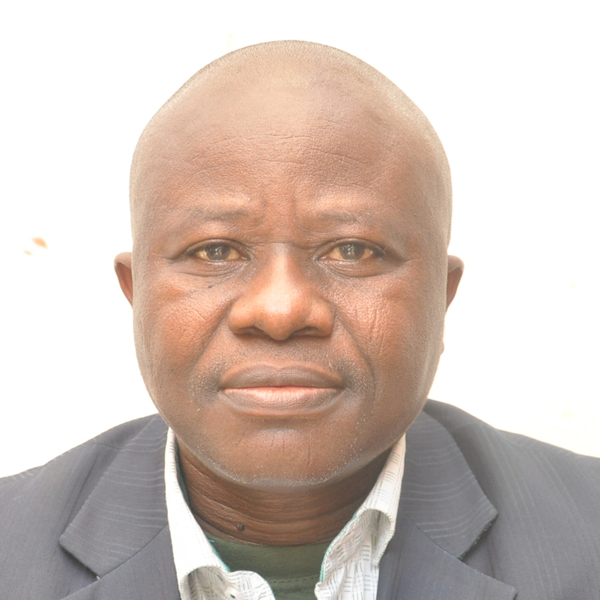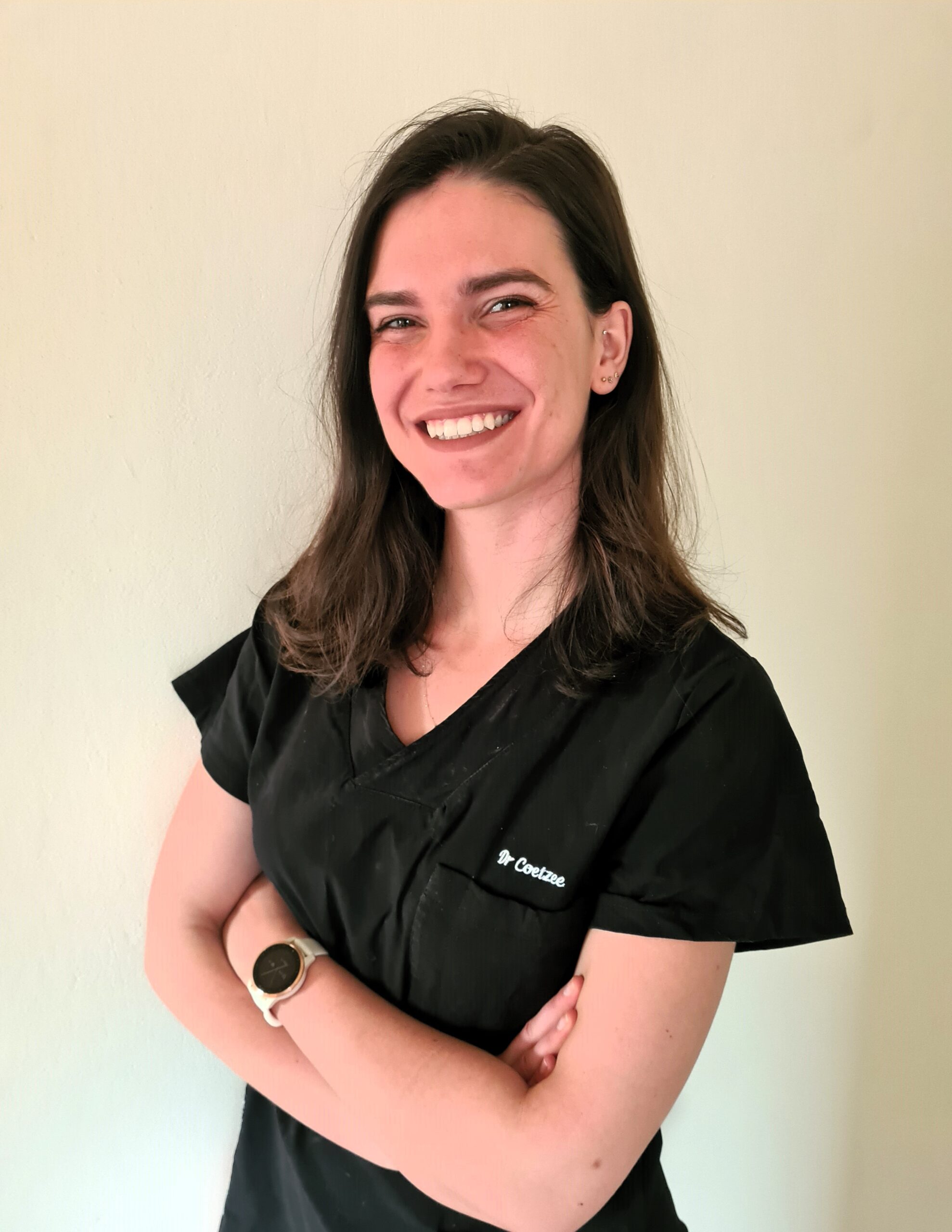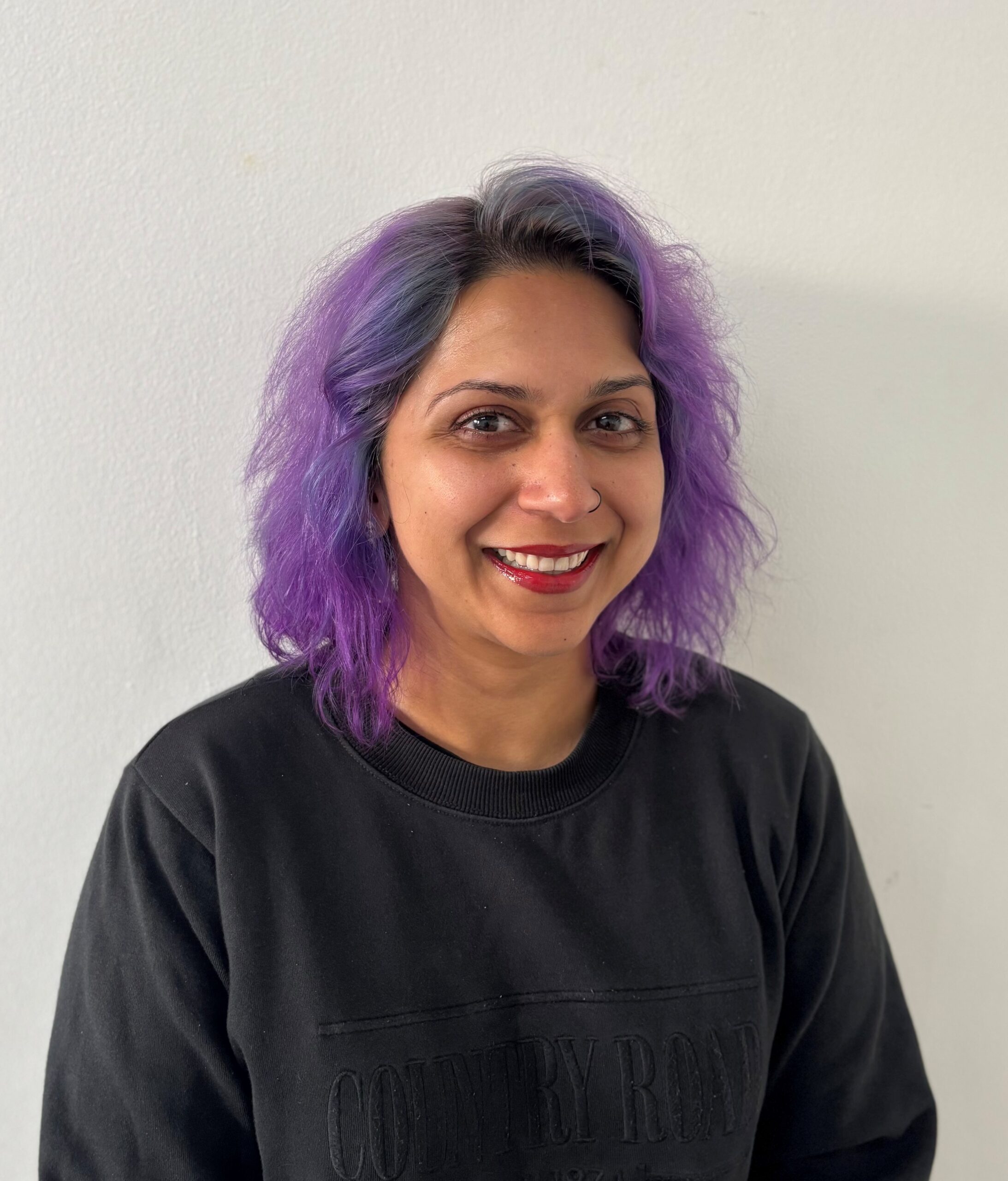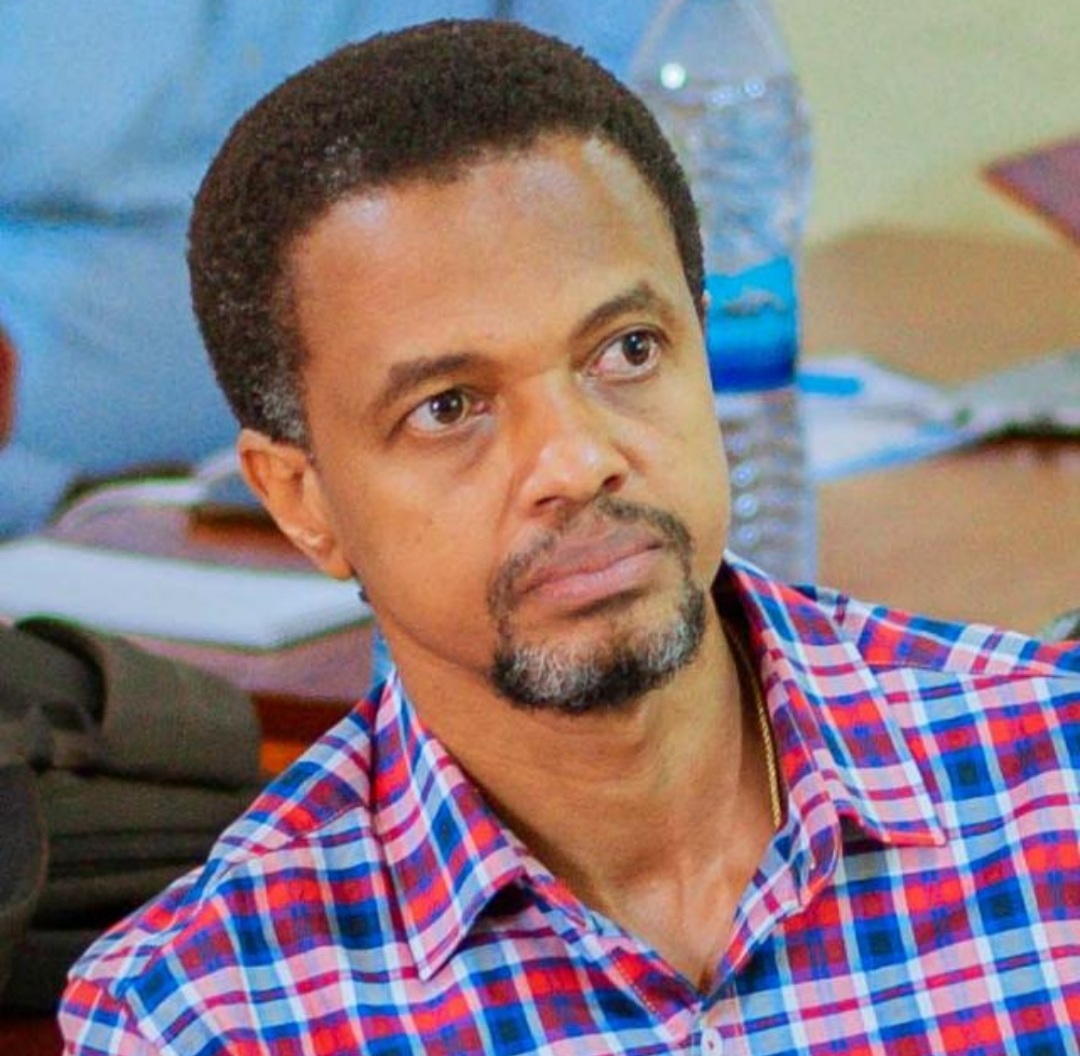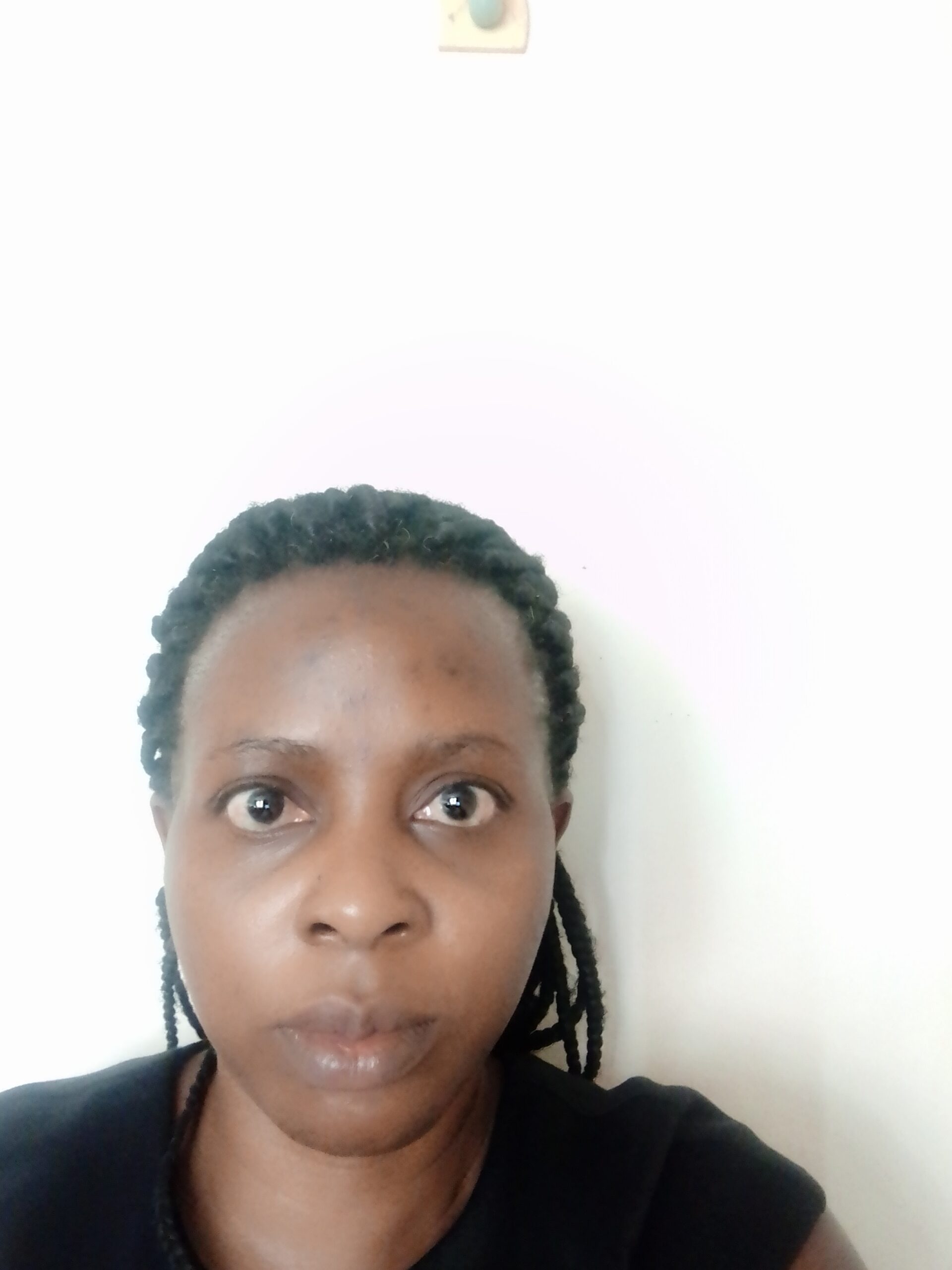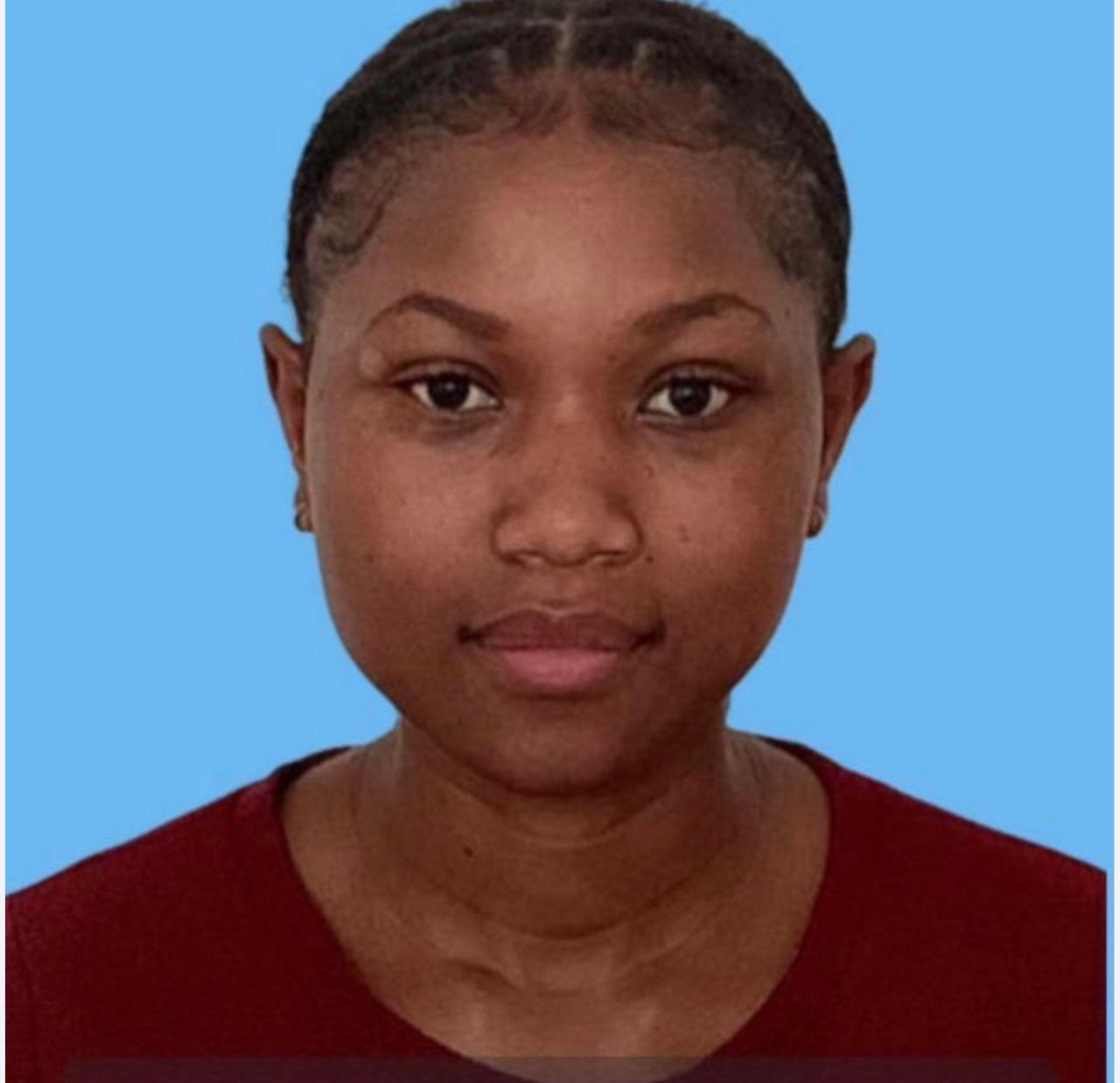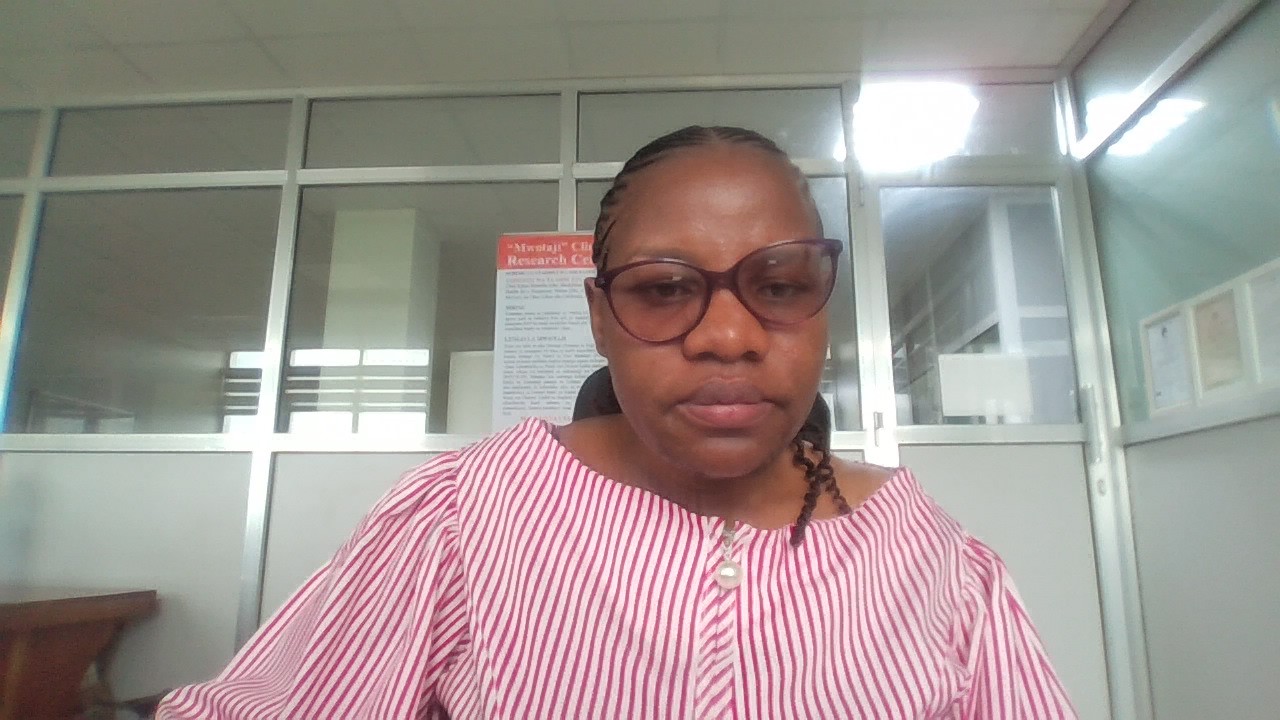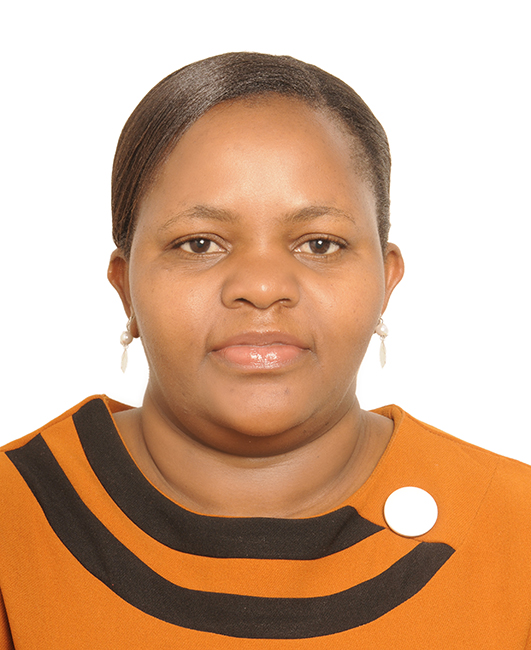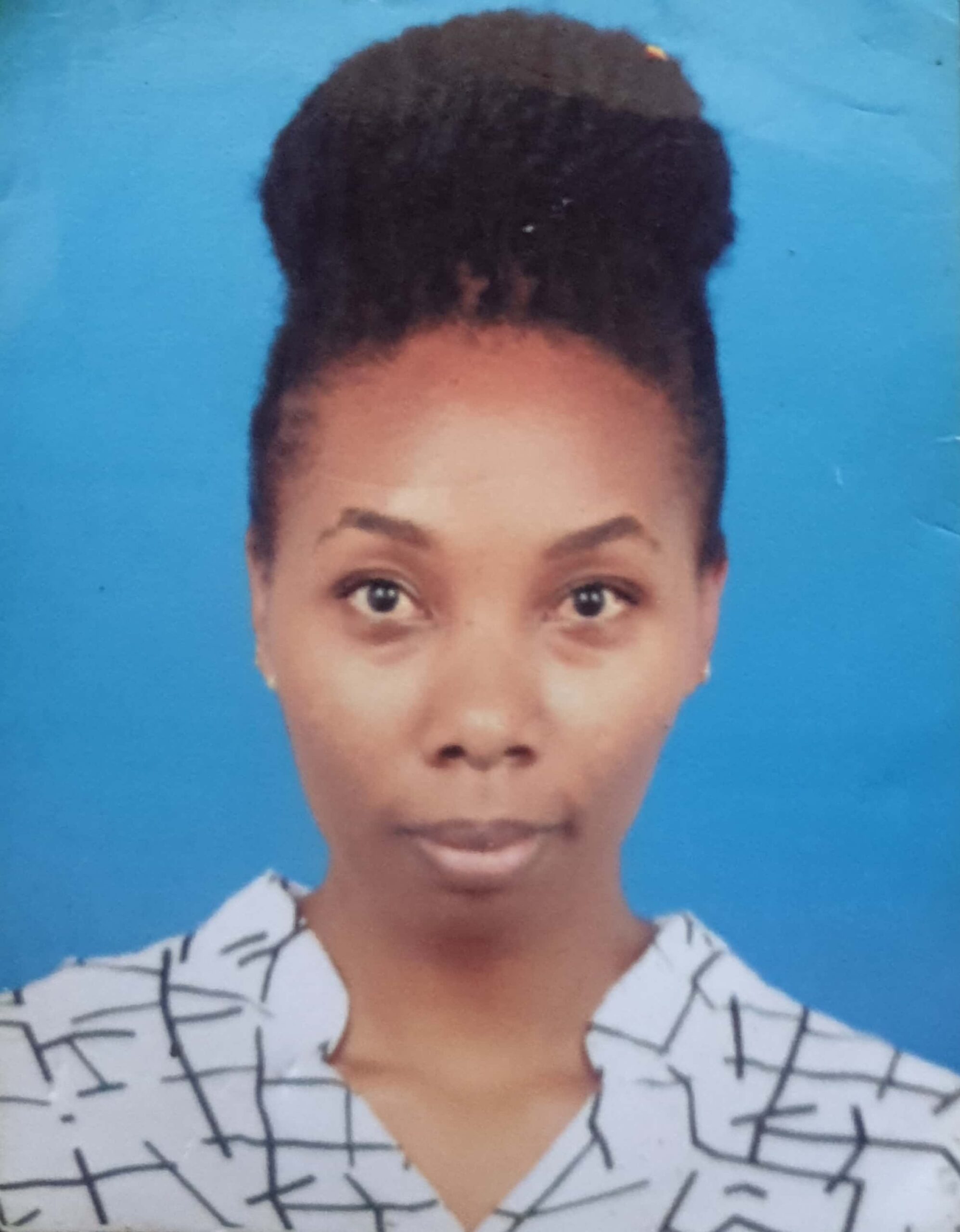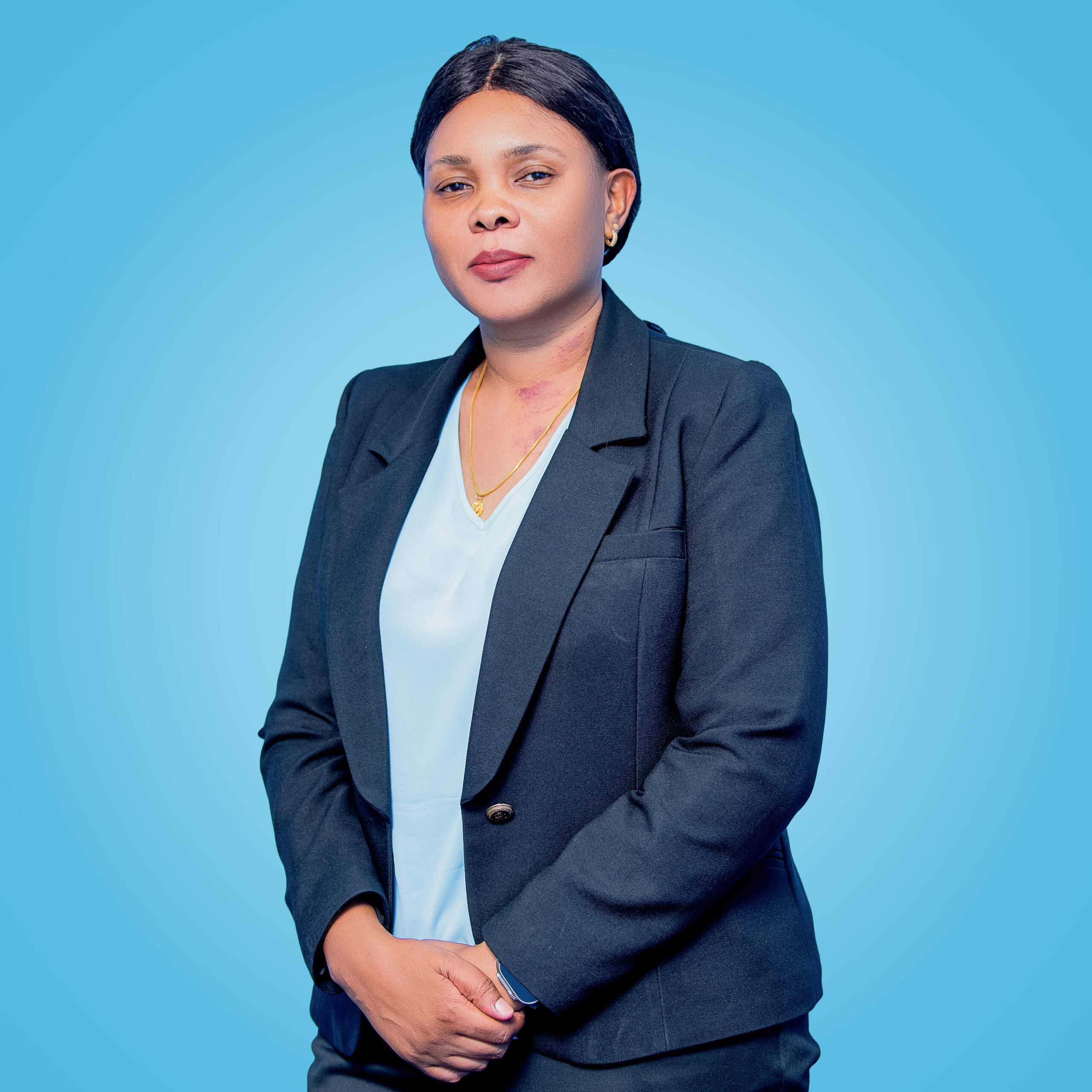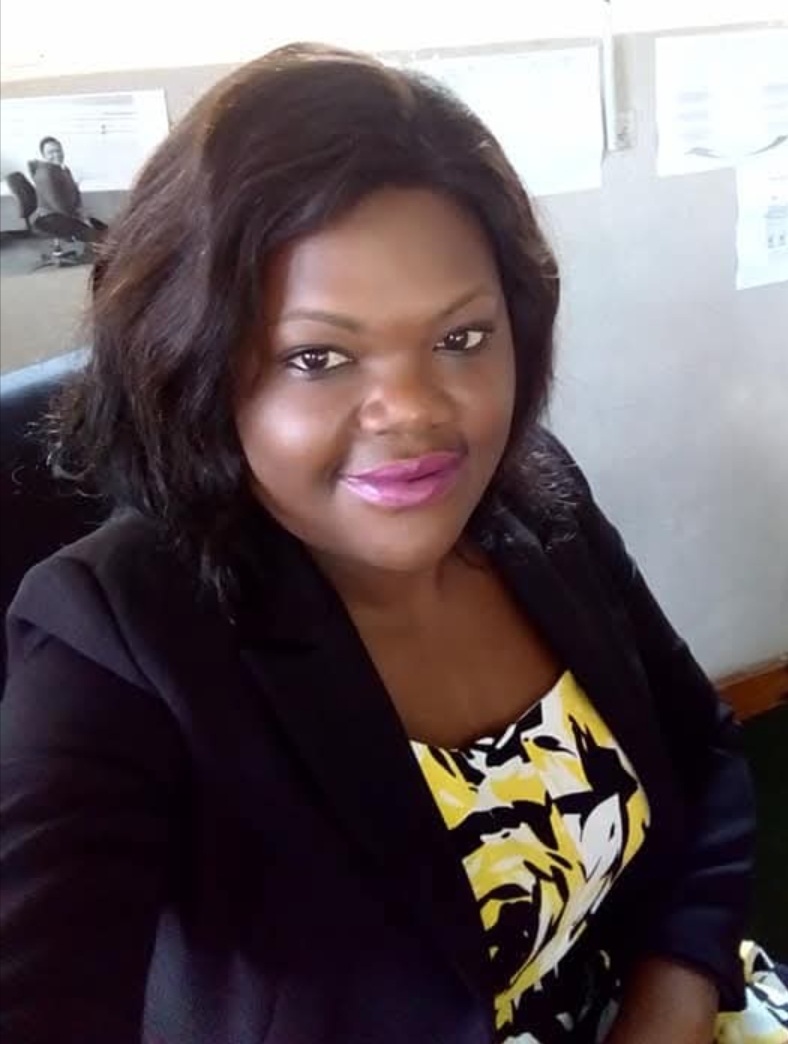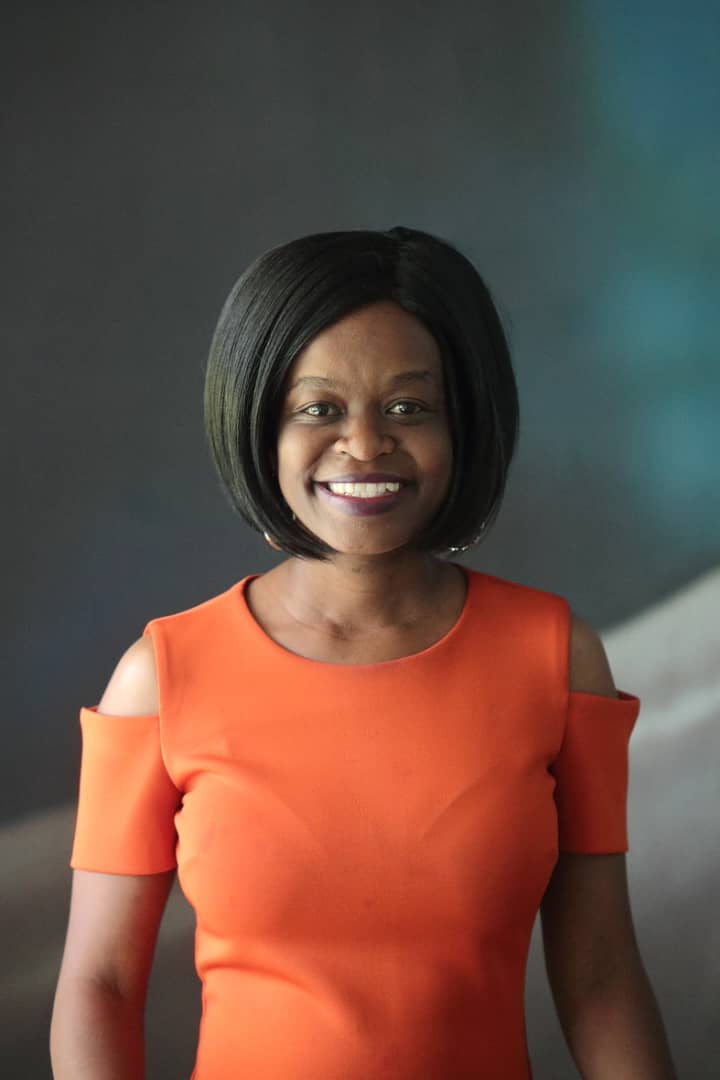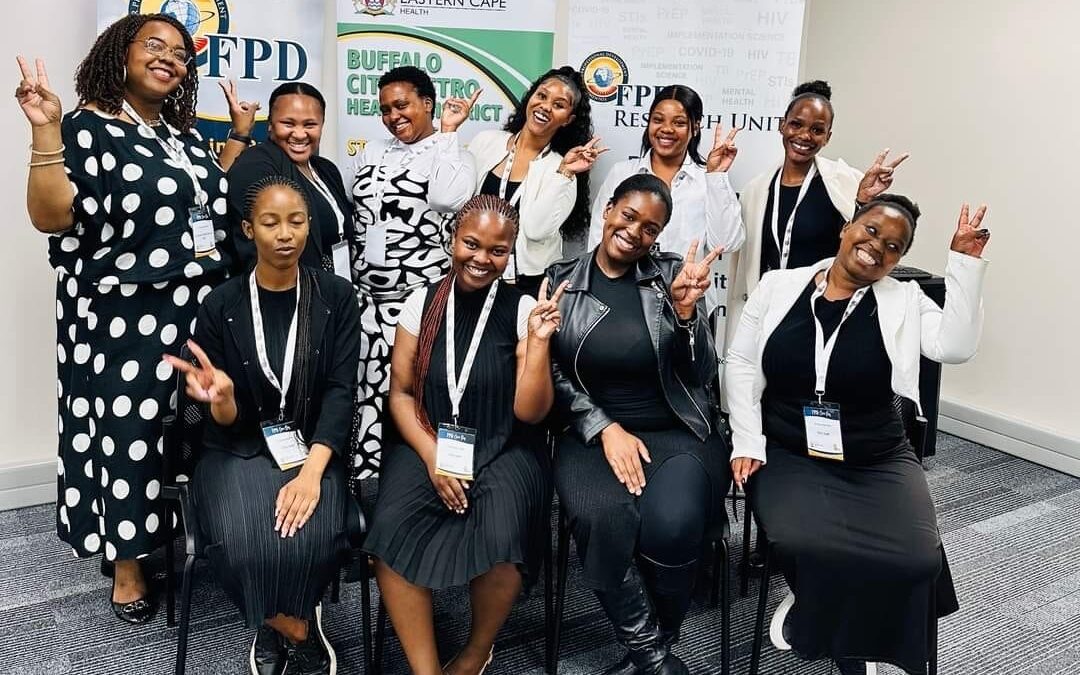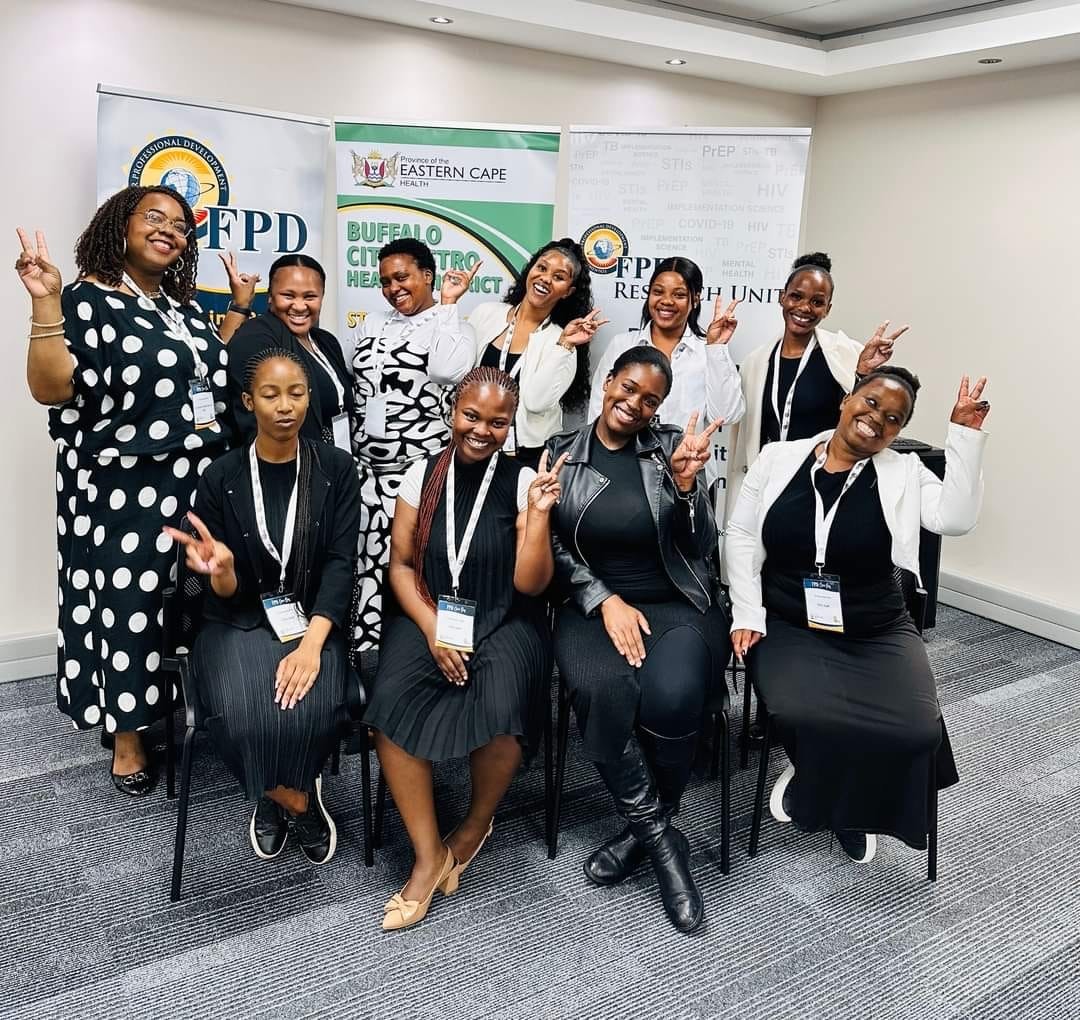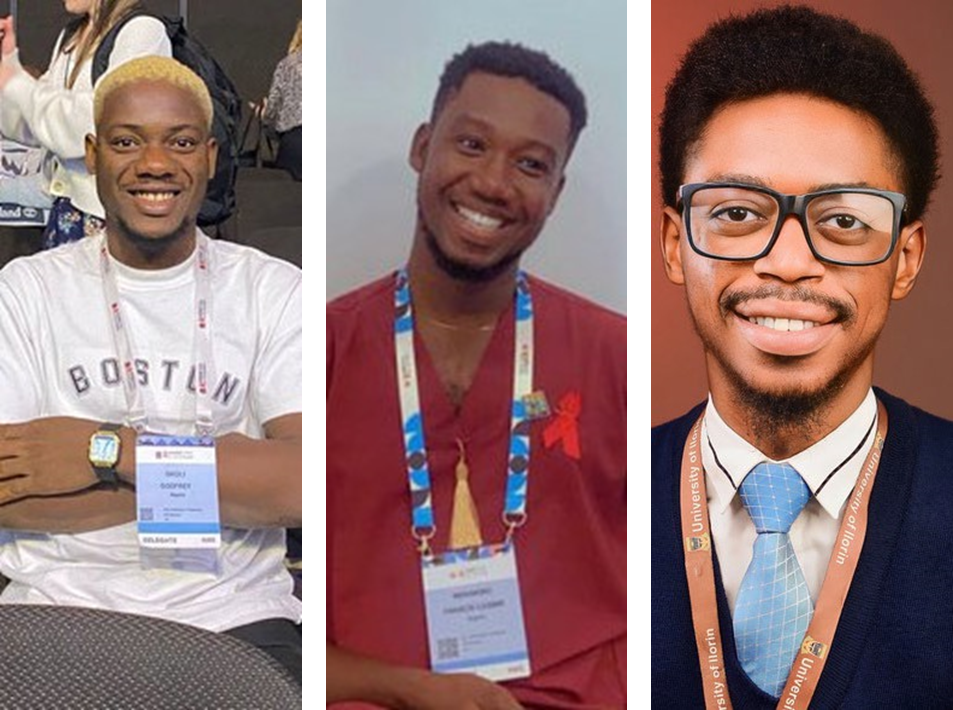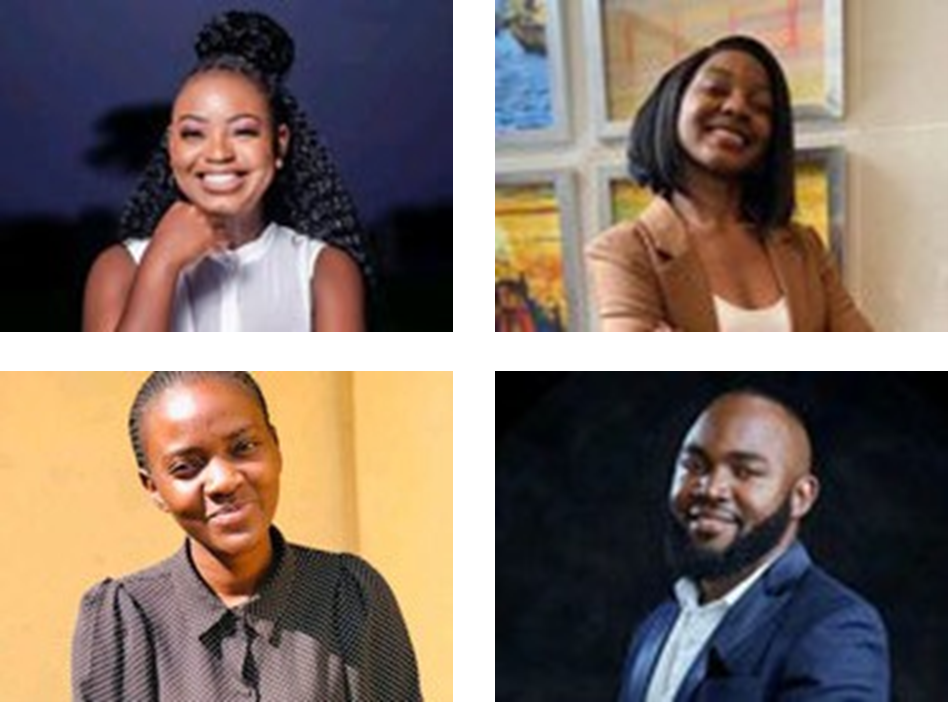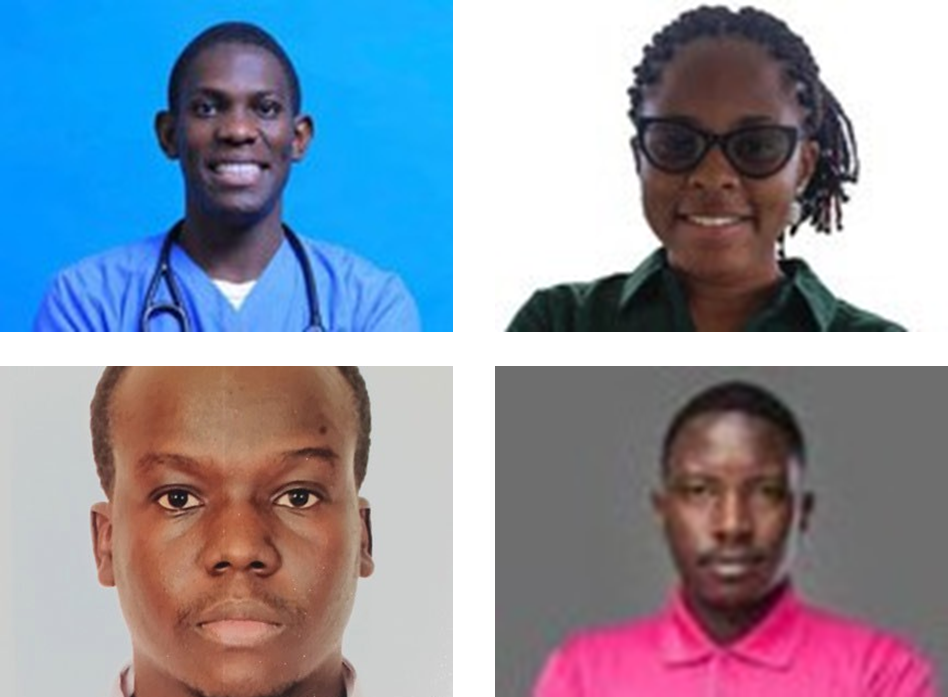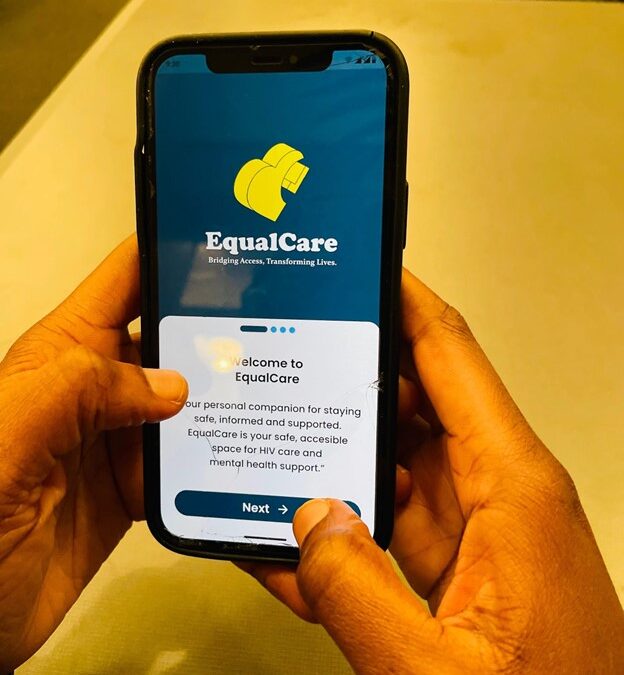
Under the Stairs: What One Conversation Taught Us About Invisible Barriers to HIV Care
Guest Authors: Monica Gbuchie, Ah’mad Akande, Fana-Granville Loizy | Team EqualCare, Nigeria
We met Ada during a community outreach program. She was seated underneath the stairs of the community townhall, keeping to herself, her crutches leaning against the wall. From afar, she looked like someone simply waiting to be attended to, but when we approached her, we learned she had been there for quite some time. She had come alone because her mother could not accompany her, and even though the journey was difficult, she refused to miss another opportunity to be seen. In that moment, she reminded us how much strength it takes to navigate the healthcare system when you are living with both a disability and HIV. Her presence there was an act of quiet courage.
During our conversation with her, she told us she had missed several visits in the past, not because she wanted to, but because transport was unreliable and she relied heavily on others to accompany her. Each missed appointment left her feeling like she was losing control of her own care. She wished she had a way to stay connected to her healthcare team even when she could not make it to the clinic.
This made us even more resolute in our commitment to develop EqualCare, a digital tool designed to support young people living with HIV and disabilities. EqualCare provides treatment reminders, easy access to trustworthy health information, and a peer navigation system. As we shared the idea with different people in our circle, many were genuinely excited about its potential. They said that having someone to talk to on days when they could not travel to health facilities would make young people feel less alone. We also received feedback that the app’s supportive features could be life changing and might even be expanded in the future to serve other persons with disabilities living with chronic conditions beyond HIV. Our conversation with Ada made these invisible barriers even clearer, and they continue to guide the work we do.
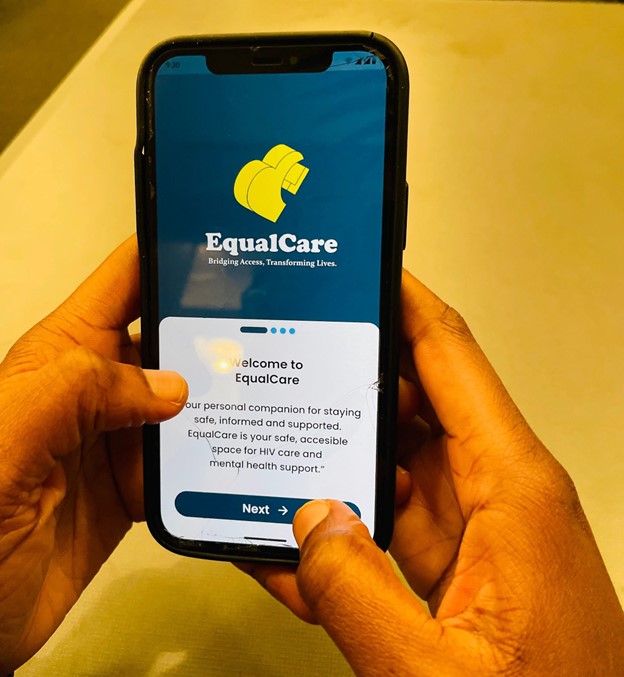
Challenges So Far and Lessons Learnt
Developing EqualCare has been a real learning experience for our team. We quickly discovered that true accessibility is not achieved through a single feature. It requires thoughtful design, simple navigation, and content that works for young people with different physical abilities and digital realities. One of our biggest hurdles has been finding experts with the right technical skills to build an app that can genuinely support users with diverse disabilities. Beyond technology, securing buy-in from stakeholders has been difficult, mainly because many clinics do not keep records of young people living with both HIV and disabilities. This lack of data makes it harder to identify and reach the very group the app is meant to serve. Early survey responses highlighted this gap and reminded us how invisible this population can be within health systems.
Another is finding the community itself and earning trust has required patience. Many young people have had mixed experiences with digital tools or health programs, so building confidence has meant showing up consistently and listening closely. These interactions have shaped our understanding more than any formal assessment could.
Along the way, we have learnt that our idea, although ambitious, is needed and we remain committed to getting it right. But it is also clear that we cannot do this alone. Stronger community engagement, supportive stakeholders, and sustainable funding will be essential to move EqualCare forward.
Looking Ahead
Meeting Ada showed us why this work must continue. Collecting feedback will not always be easy. Network challenges, shared phones, and long distances all shape how young people interact with digital tools. But stories like hers show us why we have to keep going. Each experience helps us refine EqualCare into something that reflects real needs rather than assumptions.
Our goal is simple. We want EqualCare to meet young people where they are, instead of expecting them to navigate systems that were never built with their circumstances in mind. Young people living with both disabilities and HIV are often unseen in healthcare settings, and their challenges rarely influence program decisions. They deserve better.
From sitting under the stairs at an outreach event to managing care at home, young people deserve support that fits into their lives. EqualCare is our commitment to designing a tool that finally sees them.
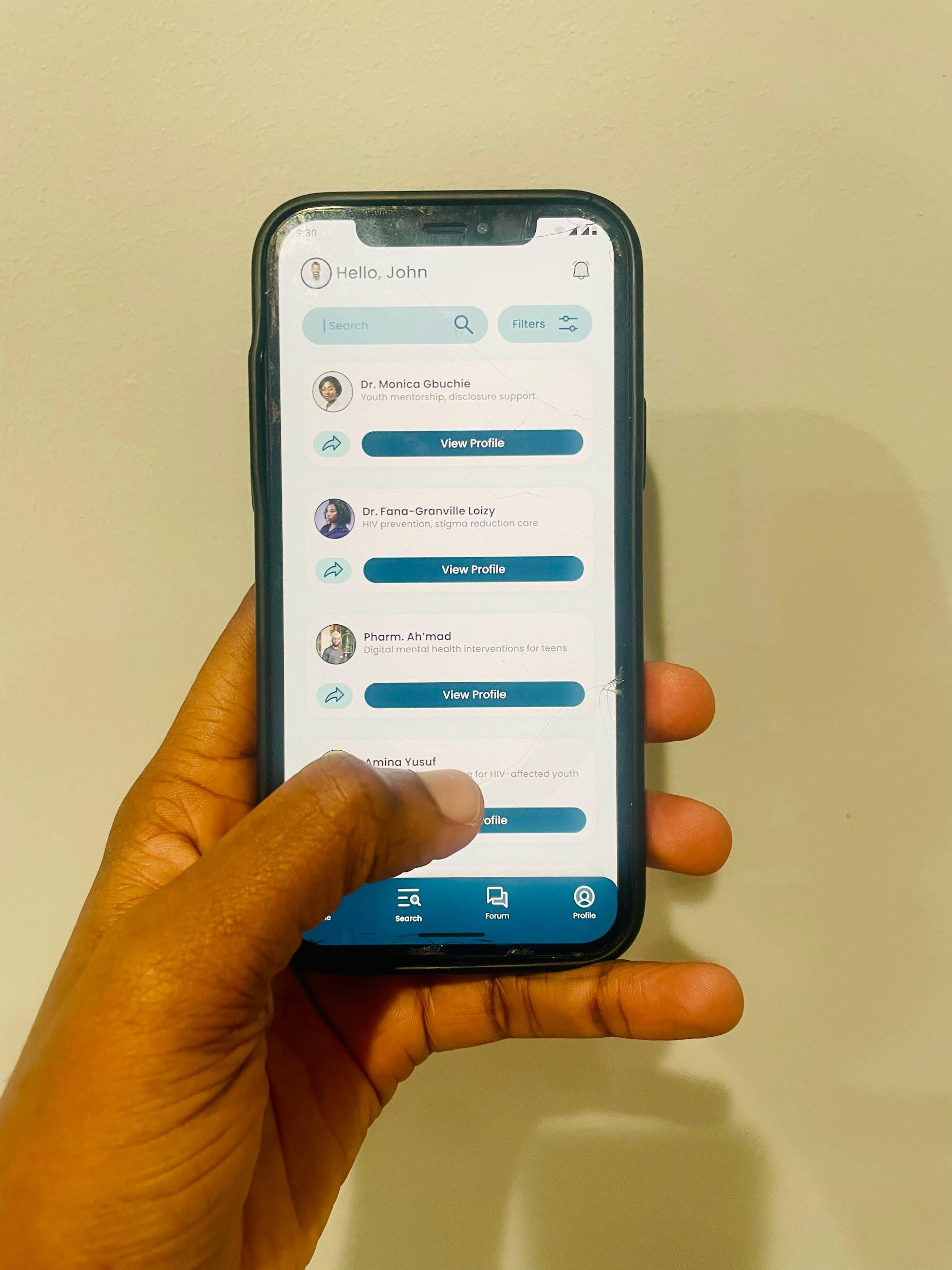



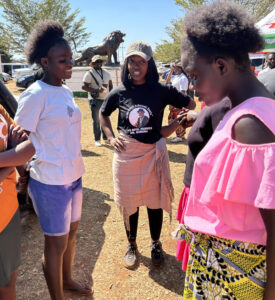
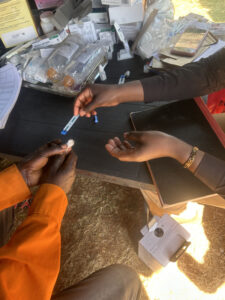 So far, we have trained peer educators and navigators and carried out a pilot outreach. It hasn’t been entirely smooth—particularly in peri-urban communities. Some challenges we’ve faced include persistent stigma and limited knowledge about HIV testing among youth.
So far, we have trained peer educators and navigators and carried out a pilot outreach. It hasn’t been entirely smooth—particularly in peri-urban communities. Some challenges we’ve faced include persistent stigma and limited knowledge about HIV testing among youth. 
